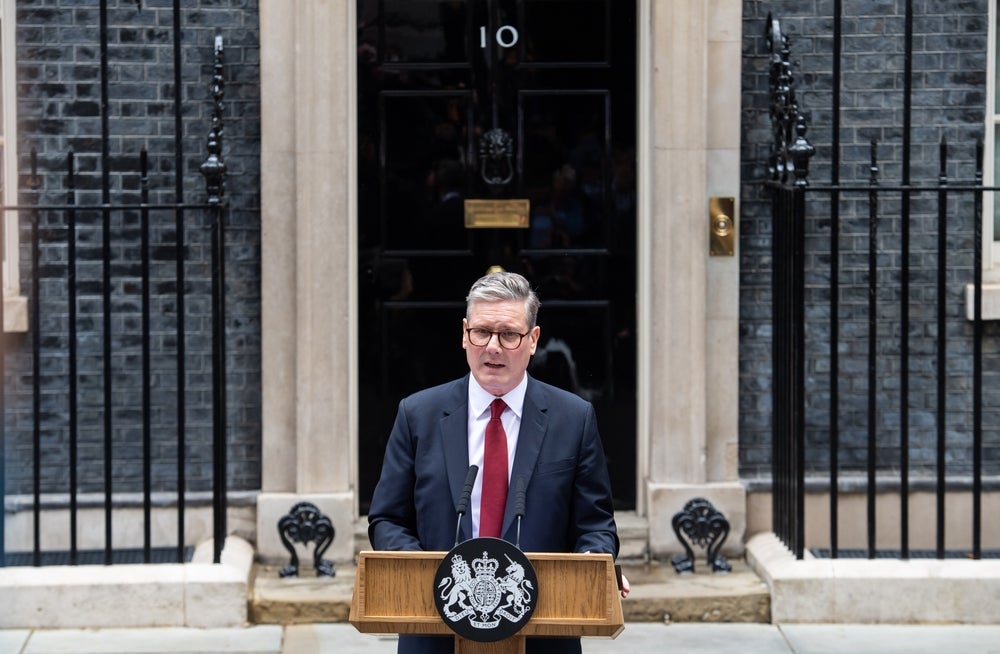The legislation and regulation governing the preparation of financial statements are a ‘bewildering mess’, characterised by inconsistency, duplication and omission, according to the Institute of Chartered Accountants in England and Wales (ICAEW).
In the paper, Financial Reporting: Who Does What?, the ICAEW aimed to highlight key considerations to help directors, politicians, policy-makers and others seeking to better understand the complex relationships in financial reporting in an effort to find and implement effective solutions.
The ICAEW noted that the institutional framework intended to promote confidence in corporate reporting can in fact compromise quality, because of ‘piecemeal, reactive and ad hoc development over many decades’.
The paper highlighted who does what in financial reporting and unpacked the complex relationships between boards, auditors, shareholders – their duties and responsibilities as well as the regulatory regime within which they operate – to clarify the underlying pressures that are tending to dysfunction.
Financial Reporting: Who Does What? is to serve as a backdrop ICAEW’s Audit and Assurance Faculty’s programme of thought leadership essays on the future of audit, which aims to help to inform the various independent reviews of audit and regulation currently in progress.
Future topics will include technology, the audit market, internal controls, and expanding the scope of audit in areas such as going concern, the prevention and detection of corporate fraud and reporting in the ‘front half’ of the annual report and accounts.
How well do you really know your competitors?
Access the most comprehensive Company Profiles on the market, powered by GlobalData. Save hours of research. Gain competitive edge.

Thank you!
Your download email will arrive shortly
Not ready to buy yet? Download a free sample
We are confident about the unique quality of our Company Profiles. However, we want you to make the most beneficial decision for your business, so we offer a free sample that you can download by submitting the below form
By GlobalDataICAEW’s audit and assurance faculty head Nigel-Sleigh Johnson said: “The financial statements of listed companies have become more and more complex over the years. At the same time the system that underlies this complex financial reporting is characterised by internal inconsistency, duplication and omission.
“This makes the system less effective than it could be or should be. It is time everyone involved, from standard-setters, regulators to government, to recognise and address the challenges that have built up over decades.
He continued: “It is a common misconception that auditors are responsible for financial statements, and that they audit the full annual report – neither of which are currently the case. Auditors certainly make a critical contribution to getting the financial statements right.
“The preparation of financial statements, and the annual reports with which they are published, is ultimately the responsibility of directors, but this is a complex process involving a range of stakeholders. The goal of everyone involved should be to ensure that financial statements provide the fair, balanced and understandable information investors and other users really need.”






